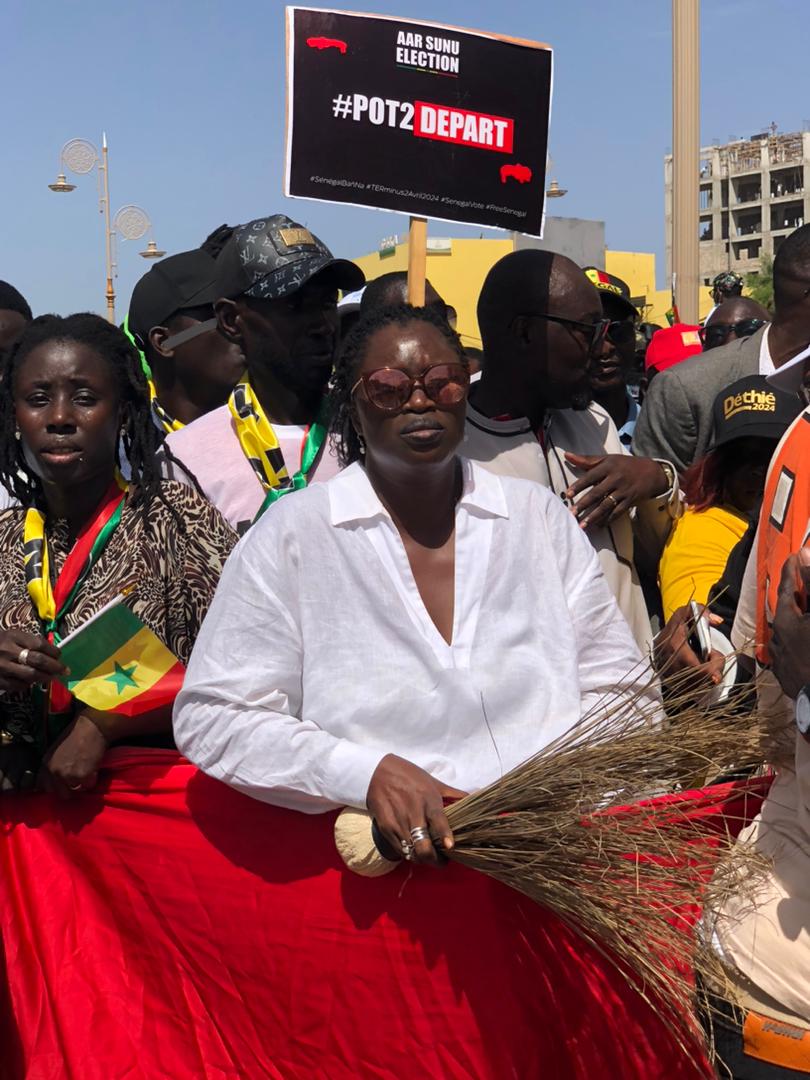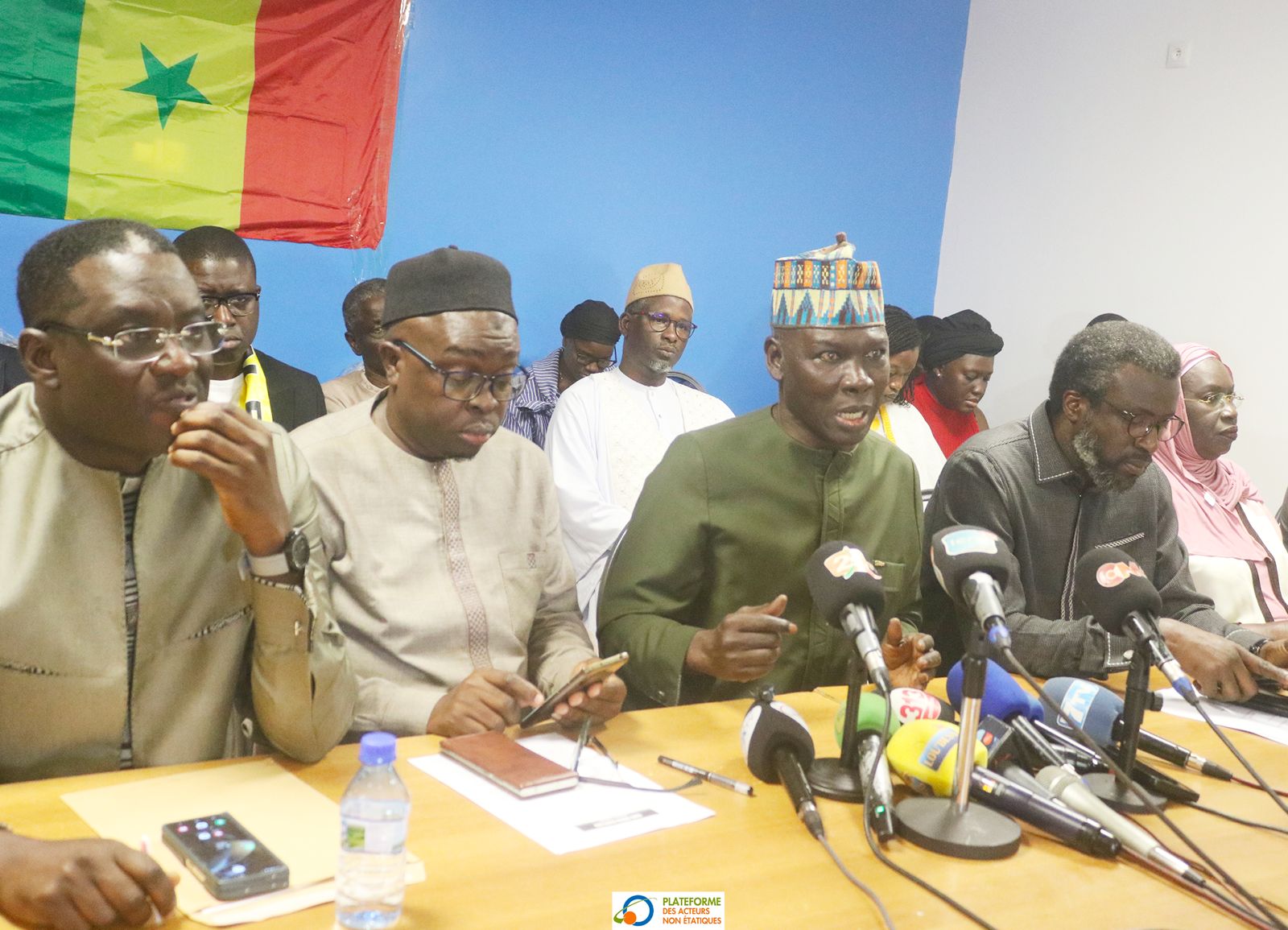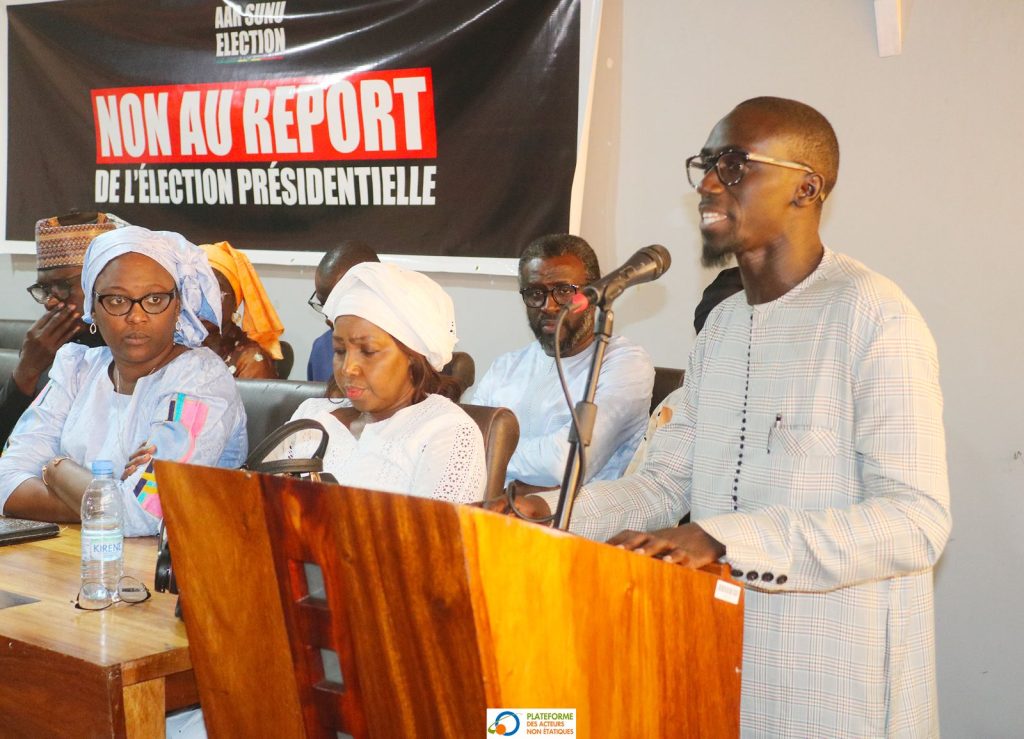Pre-Election Context: Threats to Senegalese Democratic Landscape
There have been several difficulties in Senegal’s democratic transition, including attempts to change the established electoral schedule. Notably, the nation has faced significant political turmoil first in 2011, when President Abdoulaye Wade sought an unconstitutional third term, and more recently in 2024 under President Macky Sall’s tenure, when he attempted to delay the presidential elections, initially scheduled for February 25, thereby disrupting the nation’s long-standing tradition of holding elections on the last Sunday of February every five years since 1963. Traditionally, Senegal has held presidential elections on the last Sunday of February every five years since 1963, highlighting the country’s respect for democratic processes.
This move came amid escalating political tensions characterized by human rights abuses, restrictions on freedom of expression, and increased government control over administrative processes. These actions sparked a series of political conflicts lasting three years, primarily between the ruling party and significant opposition groups.
In response to these challenges, President Sall sought to enact a law that would postpone the election, breaching constitutional protocols. This attempt not only led to national instability but also resulted in widespread violence. The Constitutional Council, tasked with overseeing the legality of electoral processes, intervened by rejecting the postponement and nullifying the presidential decree. This decision played a crucial role in attempts to restore democratic norms in Senegal, although it was unable to prevent further electoral delays and public protests.
Pre-Election Tensions: Protests, Violence, and Repression
Senegal’s 2024 presidential election was faced with unrest and instability. Throughout 2023 and into 2024, the country witnessed severe protests against President Macky Sall’s administration, which resulted in numerous fatalities. The protests stemmed from widespread dissatisfaction with perceived threats to democratic principles, leading to clashes with law enforcement that saw thousands of young protestors detained and reportedly subjected to mistreatment by police and gendarmerie forces.
The government’s response to dissent was harsh, with opposition leaders being forcefully removed from their positions as they attempted to mobilize support or protest against the administration. The suppression extended to the media, with numerous journalists and political commentators arrested for voicing their critiques of the government. Additionally, the authorities revoked the licenses of two television stations, further restricting free press in the country. This period of political repression and violence had a profound impact on Senegal’s reputation as a stronghold of democracy in West Africa. Ultimately, the Constitutional Council affirmed the election schedule, moving forward with a slate of approved candidates, including one released from incarceration just days before the election, to maintain democratic integrity in Senegal.

The Uniqueness of Senegal’s Democracy
Senegal stands out as a beacon of democracy in West Africa, a region often troubled by military coups. Since achieving independence in 1960, Senegal has cultivated a strong democratic reputation. The resilience of its democracy is reflected in the robustness of its institutions, the proliferation of political parties, the enactment of gender parity laws, and active participation by civil society and the media. These democratic pillars have facilitated the orderly election of five presidents from 1963 to 2024, the election of 13 legislatures to the National Assembly, and the effective separation of powers. Senegal continues to reinforce its democratic credentials and strives to serve as a model of democracy in West Africa, constantly enhancing its role as a showcase for democratic governance in the region.

The Role of BudgIT Senegal and Other Actors in Safeguarding Democracy in Senegal
BudgIT Senegal has significantly increased citizen participation in governance to promote public fiscal accountability and raise awareness of democratic threats via media outlets such as West Africa Democracy and BBC News. BudgIT Senegal is a founding member of “AAR SUNU ELECTION” (preserve our election), a coalition of over 30 civil society organizations—this coalition-led advocacy effort to protect democratic principles in Senegal before and after the 2024 general elections. They pressure President Sall’s administration to respect the Republican calendar and conduct the election at the appropriate time. AAR SUNU ELECTION” has taken several actions, such as sending a public letter to the President, organizing the “Great Million March of Dakar,” engaging with the media, and conducting awareness campaigns at the local, national, and international levels. They collectively monitored the electoral process to ensure transparency and fairness. Their ongoing commitment underscores the vital role of CSOs in fostering a resilient, democratic society.
The 2024 events highlight the importance of a strong civil society in safeguarding democracy. These organizations not only advocate for democracy and good governance but also contribute significantly to sustainable development, energy transition, climate justice, gender equality, and health accountability. Public support for these vital actors is crucial for successful democratic governance in Senegal.
Amadou Samb is the Country Lead of BudgIT Senegal.
